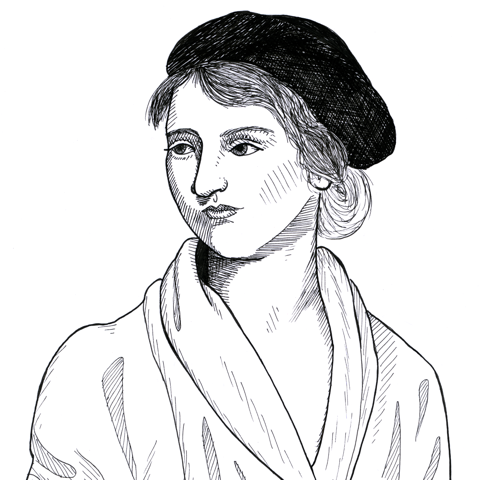
Mary Wollstonecraft’s “I have a dream” speech from 1792
Found in: A Vindication of the Rights of Woman
Mary Wollstonecraft (1759-1797) dreams of the day when women are capable of acting like rational creatures and are not treated like so many slaves or brutes:
Women’s Rights
These may be termed utopian dreams. – Thanks to that Being who impressed them on my soul, and gave me sufficient strength of mind to dare to exert my own reason, till, becoming dependent only on him for the support of my virtue, I view, with indignation, the mistaken notions that enslave my sex.
I love man as my fellow; but his scepter, real, or usurped, extends not to me, unless the reason of an individual demands my homage; and even then the submission is to reason, and not to man. In fact, the conduct of an accountable being must be regulated by the operations of its own reason; or on what foundation rests the throne of God?